Drugs and Alcohol
Explore Gallup's research.
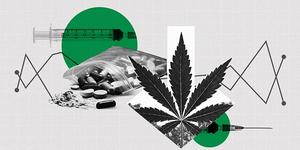
Two years after expressing record pessimism about the U.S. illegal drug problem, Americans are the most optimistic they have been in a quarter century.
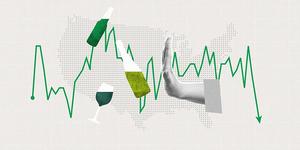
A record-low 54% of Americans say they drink alcohol, as a majority now believe moderate drinking is unhealthy.

Majorities of Americans are highly concerned about financial issues, including the economy, healthcare costs, inflation and the federal budget deficit.

Fifteen percent of Americans say they smoke marijuana, according to combined 2023 and 2024 data.
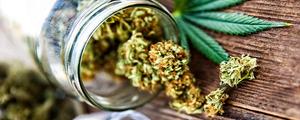
Slim majorities of Americans think marijuana has a negative effect on society and on most people who use it, yet it is viewed as less harmful than seven other substances.

Americans, particularly young adults, increasingly believe drinking alcohol is unhealthy, and their drinking habits reflect this perception.
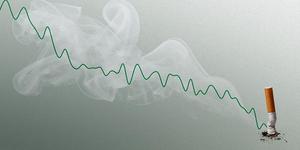
Eleven percent of Americans smoke cigarettes, tying the low in Gallup's 80-year trend.
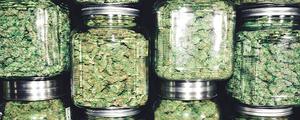
Nearly one in 10 U.S. adults consume cannabis at least 10 times a month, with the highest use found among lower-income and less educated individuals.

A majority of Americans say the U.S. is losing ground in coping with the illegal drug problem, while 24% say it is making progress, the lowest in Gallup's trend.
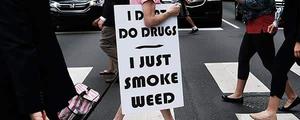
Support for legalizing marijuana in the U.S. is highest among Democrats and liberals, but majorities of Republicans and conservatives are also in favor.

Adults aged 18 to 34 are less likely to say they drink alcohol than were young adults in prior decades, while drinking is up among those 55 and older.

Twelve percent of U.S. adults smoked cigarettes in the past week, similar to last year's 11% and significantly lower than any measurement before 2022.

The 39% of Americans who think drinking in moderation is unhealthy is an 11-percentage-point increase since 2018 and is largely due to a shift in young adults' views.
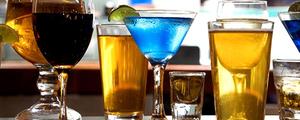
More than six in 10 Americans report that they drink alcohol, and 19% of drinkers admit to overindulging sometimes. Beer remains more popular than liquor or wine in the U.S., but liquor's appeal has grown.

Half of Americans (50%) say they have tried marijuana at some time, a new high point for this behavior that has been inching up over the past quarter century.

Of 15 key issues, Americans worry most about inflation and the economy, with concerns about drug use and Social Security increasing in the past year.

Drinking alcohol is common in U.S. society, although far from universal.

The cigarette smoking rate among young adults in the U.S. has fallen by more than 20 points in the past two decades. Young adults are now more likely to smoke marijuana or electronic cigarettes than tobacco cigarettes.
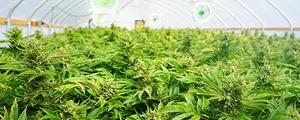
More than two-thirds of Americans favor legalizing marijuana, with ideology, religiosity, party identification and age most predictive of support.

While Americans' cigarette use is in steep decline, future changes in their use of marijuana and alcohol are uncertain.